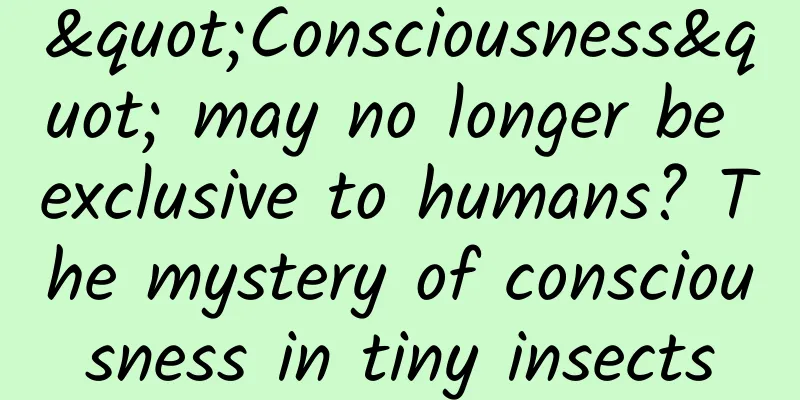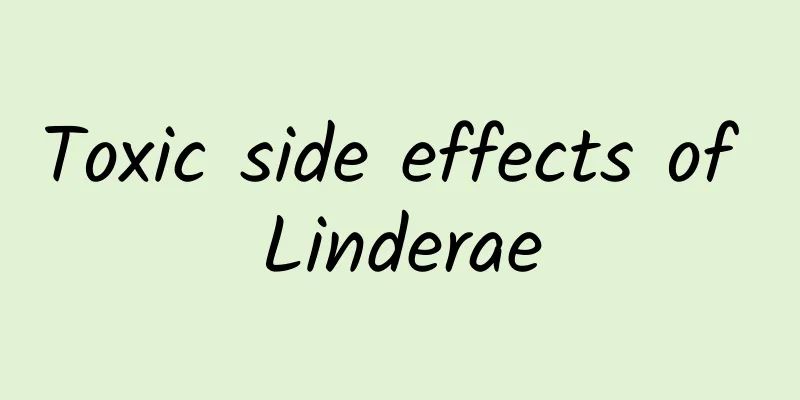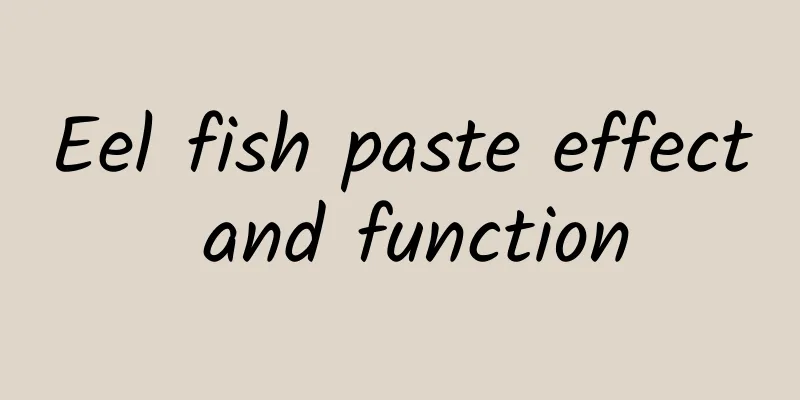"Consciousness" may no longer be exclusive to humans? The mystery of consciousness in tiny insects

|
Author: Duan Yuechu and Huang Xianghong Hey, have you ever thought about whether the insects around us, such as bees and flies, have their own inner life and consciousness? This is not a simple "yes" or "no" question, but a complex topic that scientists are seriously exploring. Recently, a statement signed by more than 40 scientists was released saying that the existence of elements of consciousness in reptiles, insects and mollusks is a "real possibility." Does it sound a bit like science fiction? But scientists say that as evidence accumulates, they are starting to take the topic seriously, rather than thinking it was a crazy idea as they did in the past. The statement said it would be irresponsible to ignore the possibility that animals have conscious experiences in decisions that affect them, and noted that there is also "strong scientific support" for consciousness in birds and mammals. So, what exactly is consciousness? Consciousness can be defined as the ability to have subjective experience, that is, the ability of an animal to perceive the world around it and feel fear, pleasure, or pain. But subjective experience does not require the animal to have the ability to think about its experience. However, animals cannot express their inner states verbally, so scientists usually rely on indirect evidence, such as observing the animals' behavior, to assess their consciousness. For example, some animals can recognize themselves in a mirror or display advanced cognitive abilities while performing tasks, which could be signs that they are conscious. So what about insects? Fruit flies, for example, switch between deep sleep and "active sleep," just like we do. This could be a clue that they might be conscious. And experiments have shown that octopuses avoid chambers that they've been exposed to painful stimuli, suggesting that they might experience and actively avoid pain, also a sign of consciousness. However, some scientists are skeptical of this evidence. They believe that complex perceptual behaviors in animals do not necessarily represent consciousness. The challenge now is to develop methods that can fully distinguish between conscious and unconscious perception in non-humans. This topic is complex, but it has important implications for the way we treat animals. If we believe animals are conscious, then we need to be more careful and respectful in how we treat them. And for scientists, this is also a good opportunity to stimulate more research and provide more funding for the field of animal consciousness. So, do insects have inner life? The answer to this question may take some time to be revealed, but scientists are working hard to solve this mystery. |
<<: Even the air is full of WiFi signals. How can we protect children’s eyes?
>>: What exercise is the healthiest for your heart? Study finds that it ranks first →
Recommend
When people reach middle age, their bodies become more and more round. What's going on?
Produced by: Science Popularization China Author:...
Living alone for 16 years, without mating, it gave birth to a child
After living alone for many years and never seein...
The soldier wiped his butt with its leaves and committed suicide due to the pain
Makes people and animals go crazy with pain The l...
Can a rice cooker be used to boil water?
The electric rice cooker is a common household co...
In addition to blowing your nose, you can also deal with snot in this way
★ When dealing with snot, blowing your nose or pi...
Guess lantern riddles during the Lantern Festival! Here’s a secret tip for guessing riddles…
Guessing lantern riddles is a fun activity during...
This chemical has been banned for decades, but it still endangers the lives of killer whales
In the 2023 Nature Photographer of the Year compe...
Painted pottery horse-riding figurines, bronze gilt Buddha standing statues...many precious cultural relics were returned to China!
On the morning of October 25th local time, with t...
White is not the base color of the earth!
As my country's urbanization and modernizatio...
Is it better to have more or less Panax notoginseng heads?
Is it better to have more or less Panax notoginse...
“Picture” you don’t know | Perfect golden ratio
Source: Guangxi Science and Technology Museum...
Low-key Ganzi, Sichuan, contains such a unique color aesthetics
Ganzi, Sichuan A very humble name It encompasses ...
Do you believe it? Genes can "predict" a person's appearance
I saw an interesting question: If we take a perso...
Cambodia, why has it come to this?
here it is Cambodia The daunting media coverage O...
Why can't you hit the fly?
In the kitchen or restaurant, you can always hear...









